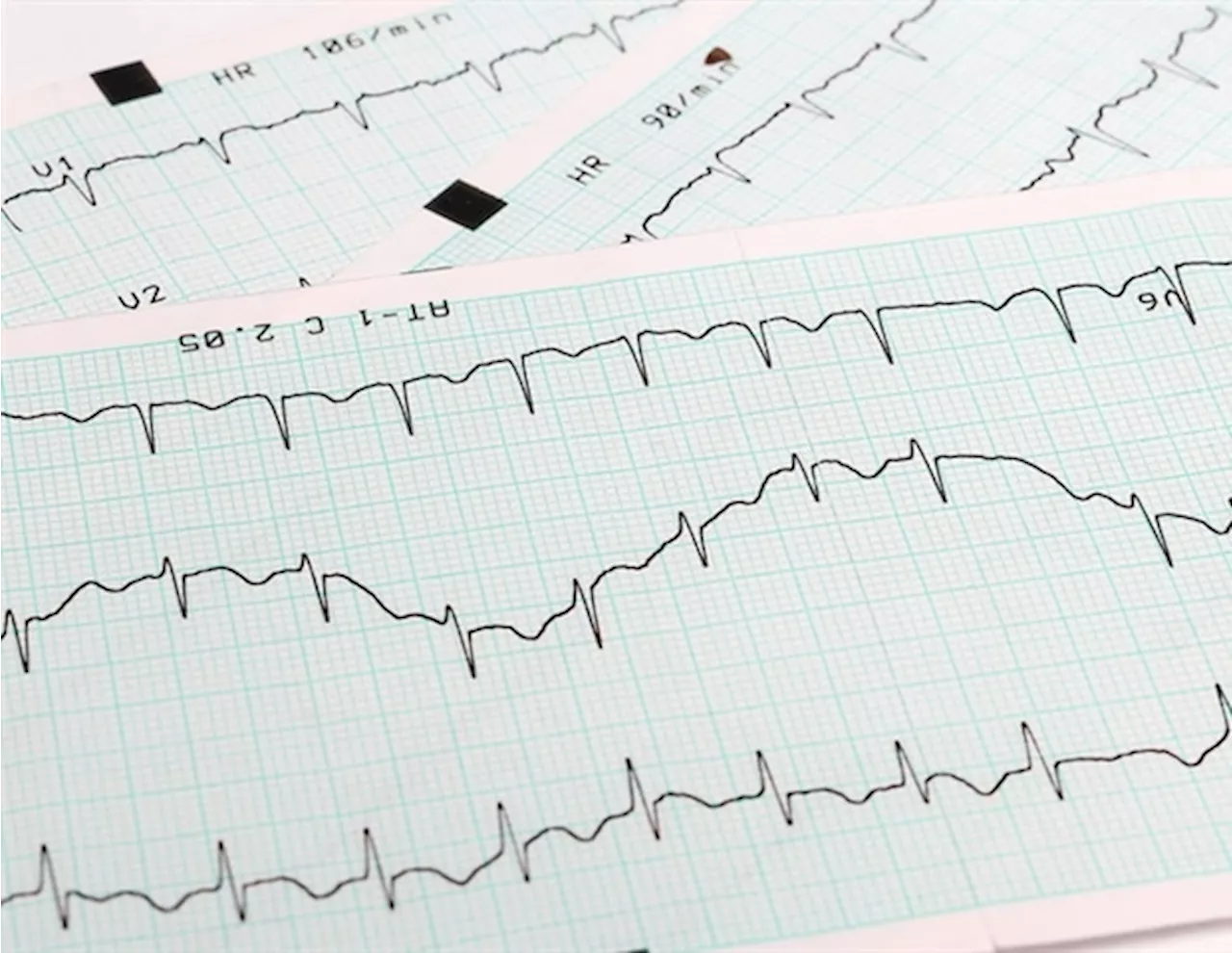Cardiologists in Mayo Clinic's Heart Rhythm Clinic are using a new innovative energy source to safely and successfully treat a common type of heart arrhythmia.
Mayo ClinicAug 13 2024 Cardiologists in Mayo Clinic's Heart Rhythm Clinic are using a new innovative energy source to safely and successfully treat a common type of heart arrhythmia. The therapy, called pulsed field ablation , has received Food and Drug Administration approval and represents a significant milestone in treating atrial fibrillation .
Limitations inspired development of new energy sources The traditional approaches using thermal energy sources to treat AFib -; radiofrequency, laser, cryo energy -; all carry an associated injury risk to nearby structures, the esophagus and the phrenic nerve." PFA technology has been in development for more than 18 years. Mayo Clinic's pioneering research in ablative therapy began under another cardiac electrophysiologist and prolific inventor, Samuel J. Asirvatham, M.D.
Benefits of pulsed field ablation PFA can lead to faster procedures while reducing anesthesia time and removing some of the risks of traditional AFib ablation.
Arrhythmia Blood Catheter Catheters Cold Food Heart Heat Nerve Preclinical Research Stroke
South Africa Latest News, South Africa Headlines
Similar News:You can also read news stories similar to this one that we have collected from other news sources.
 Innovative new therapy to treat atrial fibrillationCardiologists in Mayo Clinic's Heart Rhythm Clinic are using a new innovative energy source to safely and successfully treat a common type of heart arrhythmia. The therapy, called pulsed field ablation (PFA), has received Food and Drug Administration (FDA) approval and represents a significant milestone in treating atrial fibrillation (AFib).
Innovative new therapy to treat atrial fibrillationCardiologists in Mayo Clinic's Heart Rhythm Clinic are using a new innovative energy source to safely and successfully treat a common type of heart arrhythmia. The therapy, called pulsed field ablation (PFA), has received Food and Drug Administration (FDA) approval and represents a significant milestone in treating atrial fibrillation (AFib).
Read more »
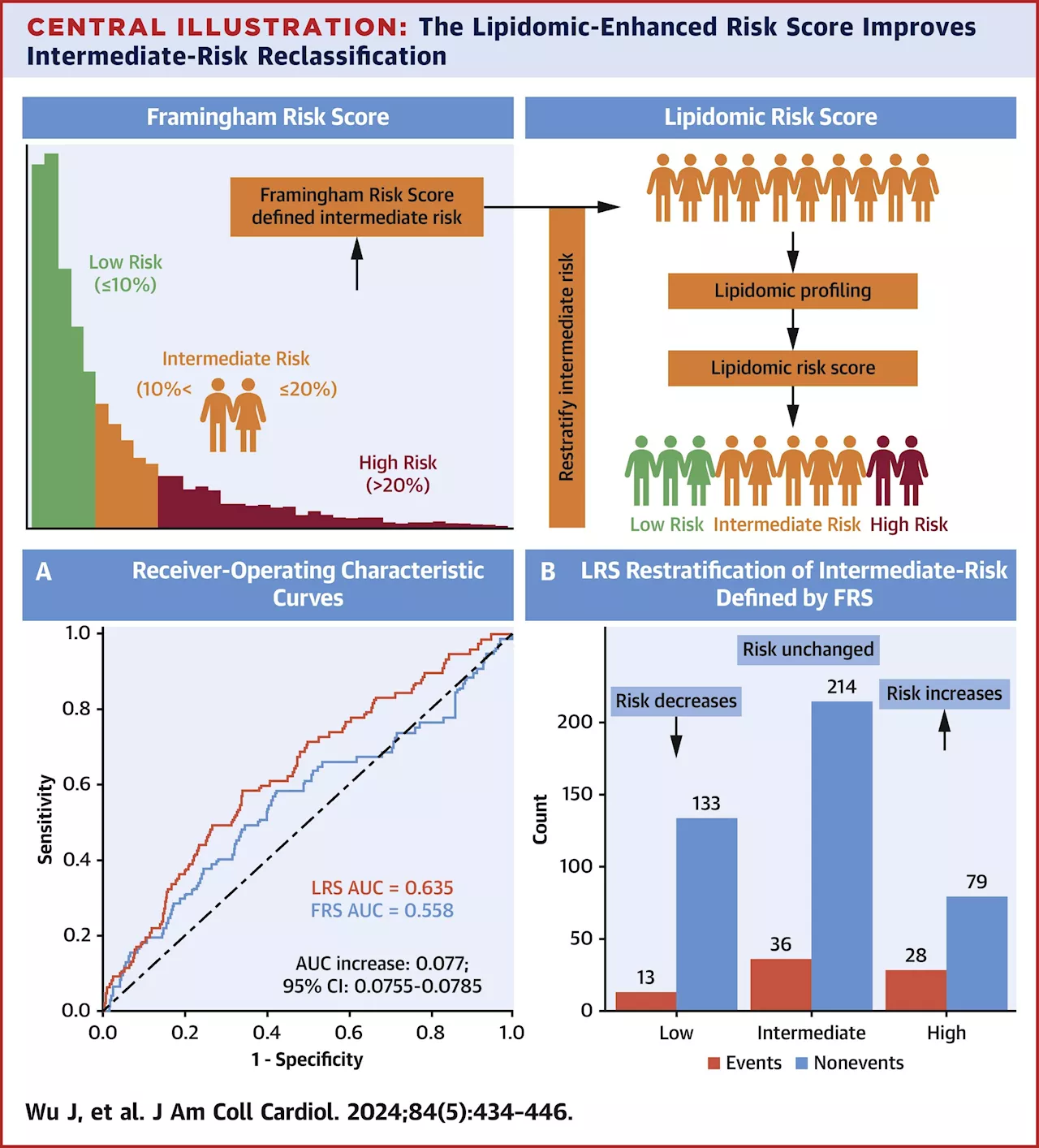 A new tool to reclassify heart risk and reduce heart attacksThey sit in the middle—the intermediate zone—where they are considered neither low nor high risk for having a heart attack or stroke.
A new tool to reclassify heart risk and reduce heart attacksThey sit in the middle—the intermediate zone—where they are considered neither low nor high risk for having a heart attack or stroke.
Read more »
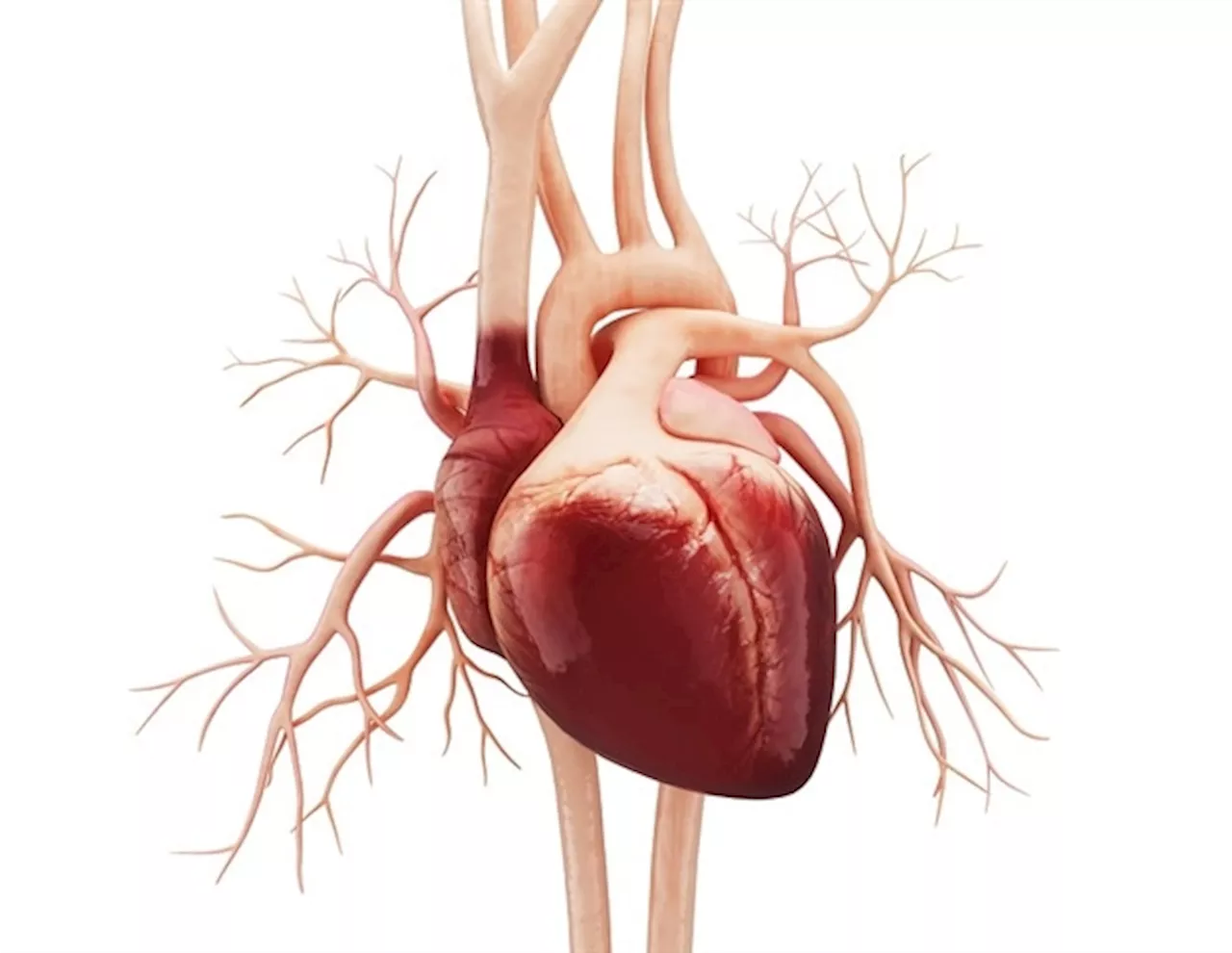 Texas Heart Institute and BiVACOR achieve milestone with total artificial heart implantationThe Texas Heart Institute (THI) and BiVACOR, a clinical-stage medical device company, announced today the successful first-in-human implantation of the BiVACOR Total Artificial Heart (TAH) as part of the U.S. Food and Drug Administration (FDA) Early Feasibility Study (EFS) on July 9, 2024.
Texas Heart Institute and BiVACOR achieve milestone with total artificial heart implantationThe Texas Heart Institute (THI) and BiVACOR, a clinical-stage medical device company, announced today the successful first-in-human implantation of the BiVACOR Total Artificial Heart (TAH) as part of the U.S. Food and Drug Administration (FDA) Early Feasibility Study (EFS) on July 9, 2024.
Read more »
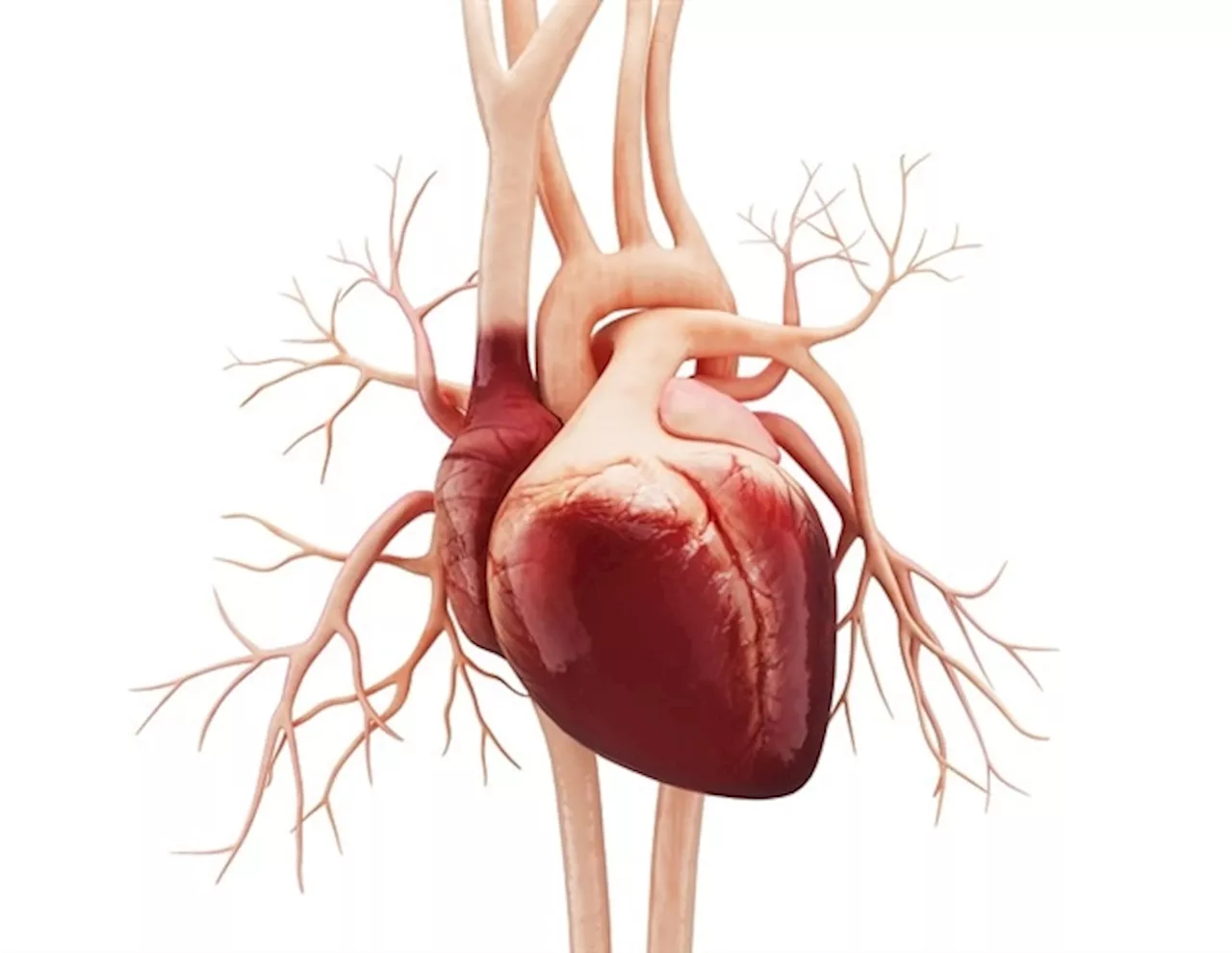 MRI scans show potential to replace invasive heart tests by predicting heart failure riskMRI scans could replace invasive heart tests, as new research shows they can reliably estimate pressures inside the heart to predict if a patient will develop heart failure.
MRI scans show potential to replace invasive heart tests by predicting heart failure riskMRI scans could replace invasive heart tests, as new research shows they can reliably estimate pressures inside the heart to predict if a patient will develop heart failure.
Read more »
 Why skipping breakfast can be bad for your heartSome say that breakfast is the most important meal of the day. Is it really? That's up for debate. However, skipping the first meal is not the healthiest choice and can even put someone at risk for health issues. In this Mayo Clinic Minute, Dr. Francisco Lopez-Jimenez, a Mayo Clinic cardiologist, explains why.
Why skipping breakfast can be bad for your heartSome say that breakfast is the most important meal of the day. Is it really? That's up for debate. However, skipping the first meal is not the healthiest choice and can even put someone at risk for health issues. In this Mayo Clinic Minute, Dr. Francisco Lopez-Jimenez, a Mayo Clinic cardiologist, explains why.
Read more »
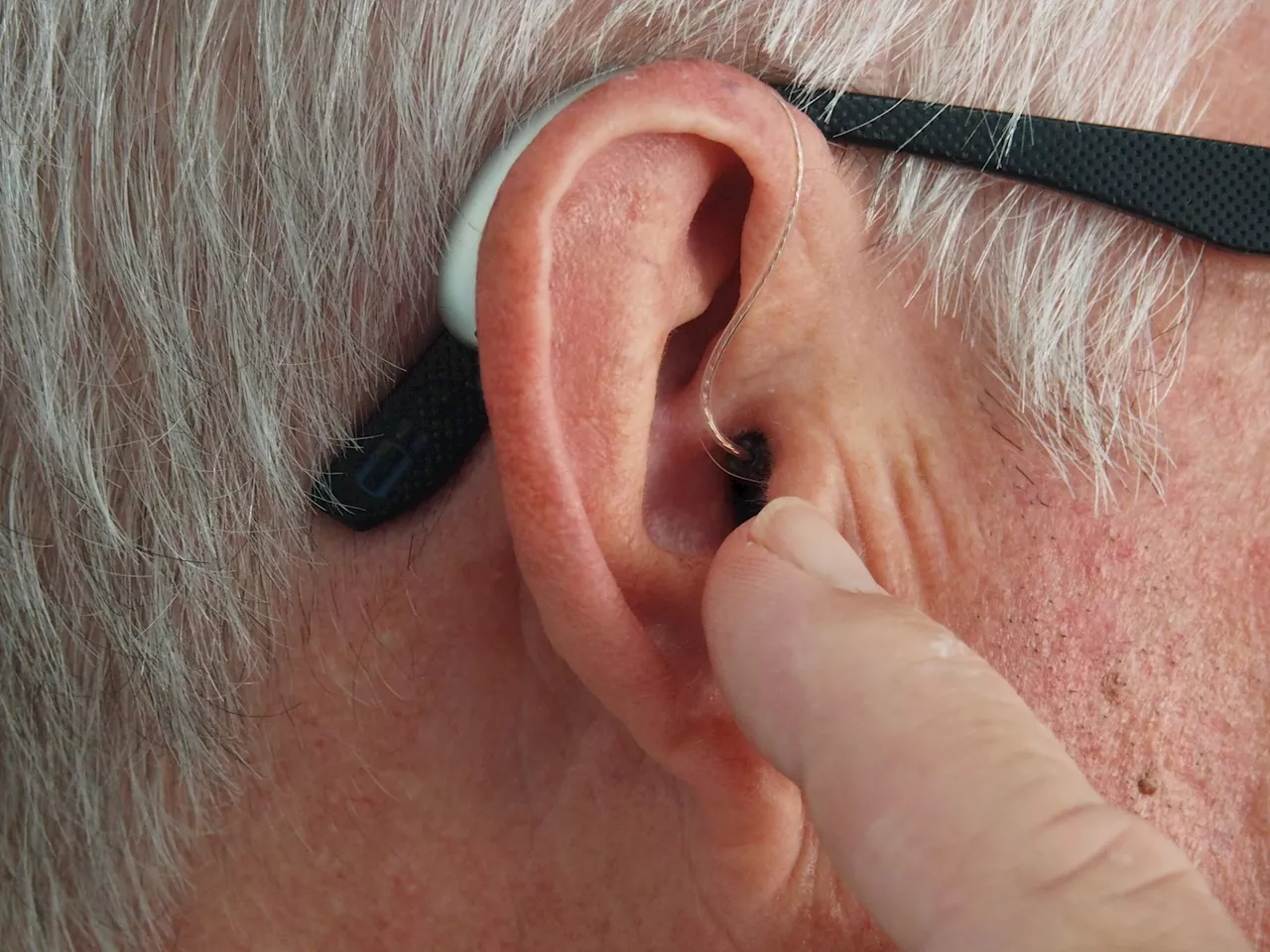 Video: How untreated hearing loss can result in a negative health spiralHearing loss is often thought of as a normal part of aging, but recent studies have shown untreated hearing loss can significantly affect overall health. In this Mayo Clinic Minute, Dr. Nicholas Deep, a Mayo Clinic otolaryngologist, explains how untreated hearing loss can affect cognitive, social and physical health.
Video: How untreated hearing loss can result in a negative health spiralHearing loss is often thought of as a normal part of aging, but recent studies have shown untreated hearing loss can significantly affect overall health. In this Mayo Clinic Minute, Dr. Nicholas Deep, a Mayo Clinic otolaryngologist, explains how untreated hearing loss can affect cognitive, social and physical health.
Read more »
